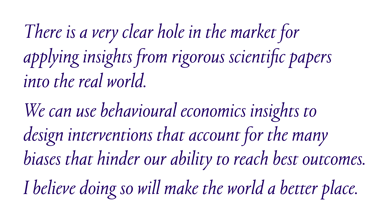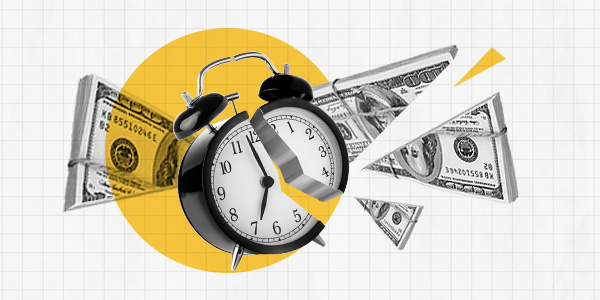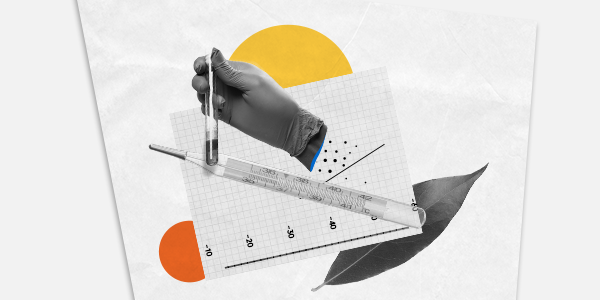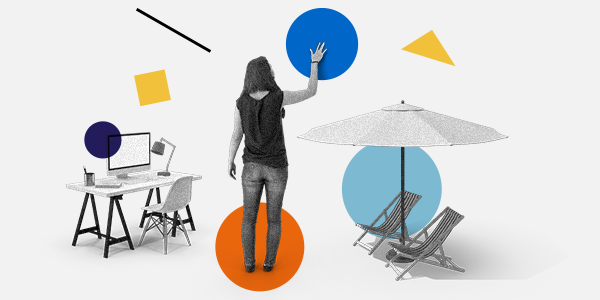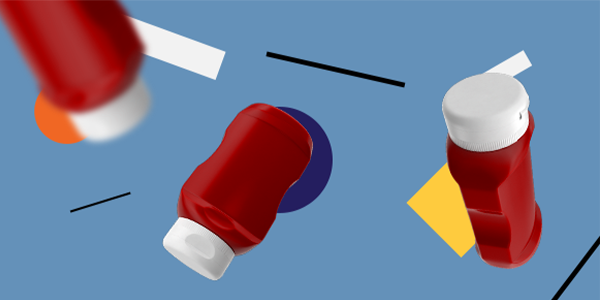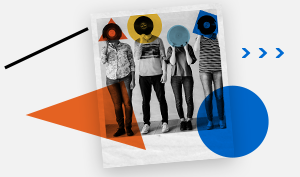Welcome to the BEworks team!
We’re excited to have Tirth Bhatt, M.A., join us as a Data Science Analyst on our practice team. Passionate about data, Tirth loves applying econometrics techniques to solve empirical puzzles.
Where and what did you study?
I completed my M.A. in Economics at the University of Toronto in 2020. During the program, I applied econometric techniques to address policy issues ranging from voter turnout to the relationship between police and crime. Prior to this, I earned my BA in Economics at the University of Waterloo. During my BA, I was a part of the University of Waterloo's Economics Society, where I was President and an editor for the society's website.
What kind of past projects have you led or been involved in that are applicable to the challenges society faces?
In the past, I have worked on research projects analyzing the state of machine learning in economics. The overall project was to determine the effectiveness of executive goals on the performance of employees across the company. It required using state-of-the-art machine learning techniques and textual analysis.
I have also conducted research papers on policy issues such as voter turnout, the relationship between policy and crime, and the effectiveness of rebates on electric vehicle sales. These projects required using complex models such as difference-in-differences estimation in order to find the true relationships of interest.

What research papers do you find especially interesting and worthwhile sharing with our business audience? Why?
A Behavioural Economics Approach to Improving Healthy Food Selection Among Food Pantry Clients (Caspi et al.), 2019
Available Here
I chose this paper because I really loved the application of behavioural economics and the intersection between game theory and behavioural economics. What I mean by game theory is that stores often use thinking similar to game theory in order to arrange their stores. In particular putting dairy products and vegetables on opposite ends of the store so customers have to cross everything in the middle isles twice. And these isles usually have products that are not strictly "needs" but might be high-margin. This paper understands this knowledge and leverages behavioural economics to produce a more socially optimal supermarket design.
Objective: To test the effect of a behavioural economics intervention in two food pantries on the nutritional quality of foods available at the pantries and the foods selected by adults visiting food pantries.
Design: An intervention (SuperShelf) was implemented in two food pantries (Sites A and B), with two other pantries (Sites C and D) serving as a control for pantry outcomes. The intervention aimed to increase the amount and variety of healthy foods (supply), as well as the appeal of healthy foods (demand) using behavioural economics strategies. Assessments included baseline and 4-month follow-up client surveys, client cart inventories, pantry inventories and environmental assessments. A fidelity score (range 0-100) was assigned to each intervention pantry to measure the degree of implementation. A Healthy Eating Index-2010 (HEI-2010) score (range 0-100) was generated for each client cart and pantry.
Intrinsic Honesty and the Prevalence of Rule Violations across Societies
(Gaechter and Schulz 2016)
Available Here
This was an interesting paper on the effects institutions have on the behaviour of ordinary people. Essentially the paper finds that countries where tax evasion or corruption is more prevalent also results in ordinary people having less intrinsic honesty (measured through an experiment). It was an important result worth reading!
Abstract: Deception is common in nature and humans are no exception1. Modern societies have created institutions to control cheating, but many situations remain where only intrinsic honesty keeps people from cheating and violating rules. Psychological2, sociological3 and economic theories4 suggest causal pathways to explain how the prevalence of rule violations in people’s social environment, such as corruption, tax evasion or political fraud, can compromise individual intrinsic honesty. Here we present cross-societal experiments from 23 countries around the world that demonstrate a robust link between the prevalence of rule violations and intrinsic honesty. We developed an index of the ‘prevalence of rule violations’ (PRV) based on country-level data from the year 2003 of corruption, tax evasion and fraudulent politics. We measured intrinsic honesty in an anonymous die-rolling experiment5. We conducted the experiments with 2,568 young participants (students) who, due to their young age in 2003, could not have influenced PRV in 2003. We find individual intrinsic honesty is stronger in the subject pools of low PRV countries than those of high PRV countries. The details of lying patterns support psychological theories of honesty6,7. The results are consistent with theories of the cultural co-evolution of institutions and values8, and show that weak institutions and cultural legacies9,10,11 that generate rule violations not only have direct adverse economic consequences, but might also impair individual intrinsic honesty that is crucial for the smooth functioning of society.
What are some new insights (behavioural phenomena) that you’ve incorporated into projects you’ve worked on recently?
Social pressures affect voter turnout greatly. While writing my research paper on what affects voter turnout, I came across a behavioural economics study, Social Pressures and Voter Turnout by Gerber et al. (2008), which was examining a similar question. They found a 1.1% to 8.8% over the control group when giving BE treatments. While 8.8% seems small, we can see that some elections are actually won on razer thing margins. An 8.8% increase in voter turnout could mean up to 1.5 million more Canadians voting in the next election, or 12 million more Americans voting in the next election.

What problems are you interested in solving with BE?
- BE to help consumers understand the different privacy policies of websites (i.e. help people understand what data different websites collecting about them)
- BE to help people make their grocery shopping more efficient (i.e. consume less junk food)





